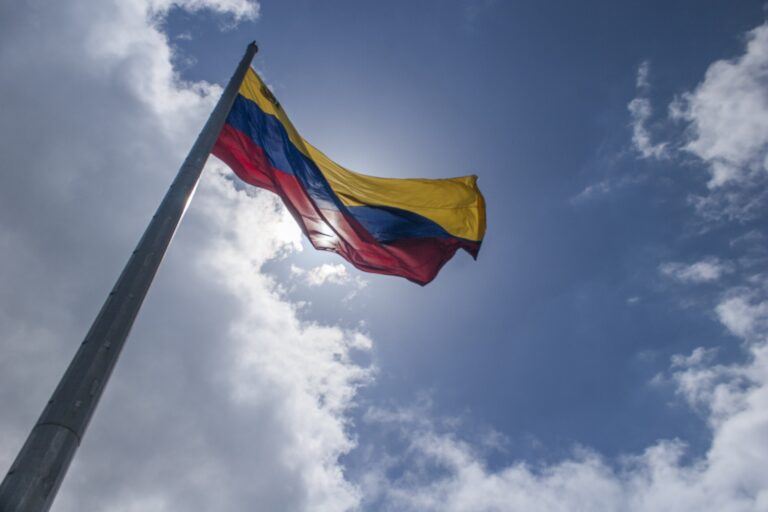Venezuelan President Nicolas Maduro has recently ordered the country’s largest bank, the Banco de Venezuela, to start accepting deposits in the government’s oil-backed cryptocurrency Petro, in a move made to bolster its use.
According to a tweet published by Venezuela’s Finance Ministry, Maduro issued an order for the Bank of Venezuela to “open Petro desks, in all [its] branches” when celebrating the tenth anniversary of the bank’s existence.
#EnVivo | Pdte. @NicolasMaduro: Doy la orden expresa para que se abran taquillas de transacciones de El Petro en todas las agencias del Banco de Venezuela#TrabajoPazYProduccion#10AñosBDV pic.twitter.com/mTMy8j2xs7
— MPPEF (@MinEcoFinanzas) July 3, 2019
Analysts believe the order is the latest move in a set of new policies Maduro has put in place to bolster the Petro’s adoption, which has been lackluster. Last month, Maduro announced that 924 million bolivars, worth about $92.5 million, were granted to the Digital Bank of Youth and Students, to open a million Petro wallets for the country’s youth.
At the time José Angel Alvarez, president of the country’s National Cryptocurrency Association, stated it was a “bold and correct decision” to move towards a “hybrid economy” where cryptocurrencies and fiat currency compete.
Earlier, Maduro issued a policy that started requiring citizens to purchase their Petros using the oil-backed cryptocurrency. The country’s president has also tried to get other countries to pay for oil exports with the Petro.
Meanwhile, adoption of cryptocurrencies like bitcoin is reportedly growing at a rapid pace, as these are seen as a safe haven that’ll protect people’s savings against the hyperinflation of the bolivar. Earlier this year, the country’s government even launched a service for sending bitcoin and litecoin to its citizens.
The controversial Petro cryptocurrency was launched last year, and has so far seemingly failed to catch on as most seem to question its legitimacy. The country’s Superintendencia Nacional de Criptoactivos y Actividades Conexas (Sunacrip) – the Superintendency of Cryptoassets and Related Activities – the country’s main cryptoasset regulator, has reportedly started imposing a monthly limit on cryptocurrency remittances and tariffs of up to 15% of a transaction’s amount
This, in what is believed to be an attempt to get Venezuelans to use the Petro instead of other cryptocurrencies.









